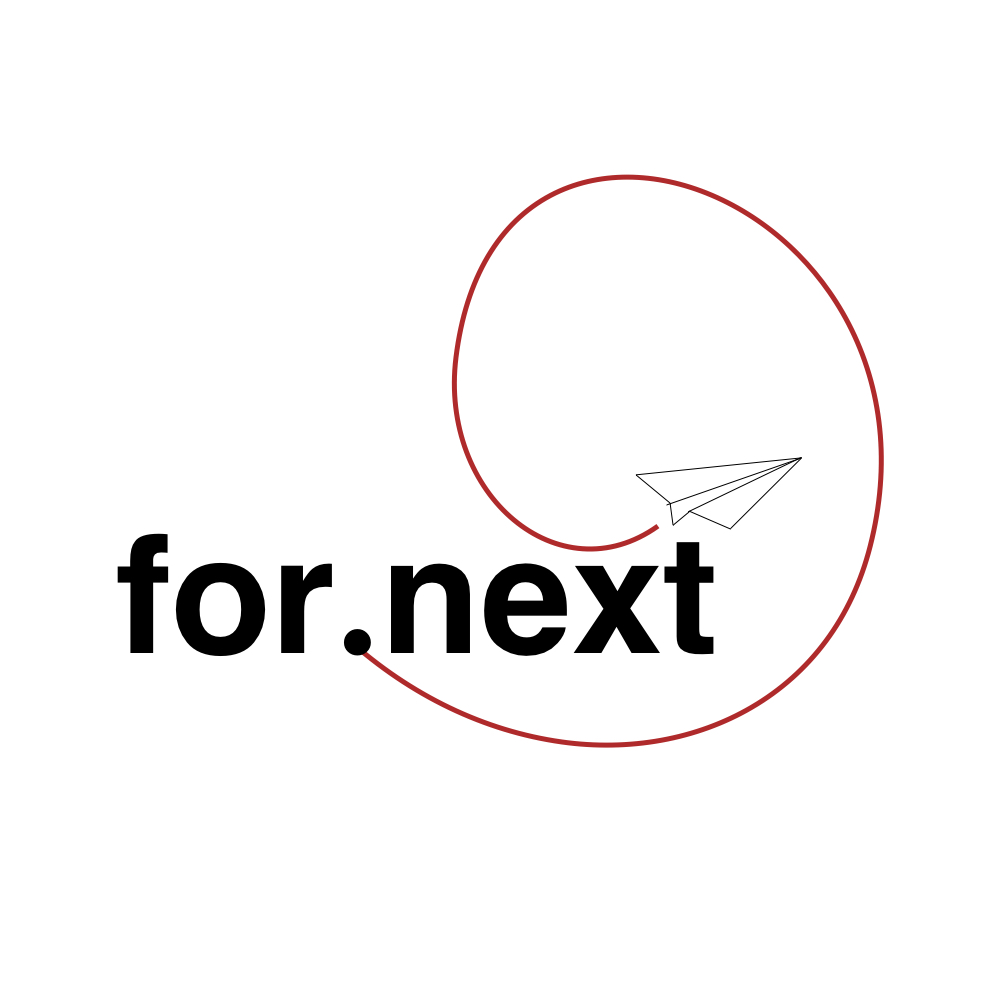On inefficiency
In the robotics and engineering class and app development courses I teach, there are a lot of group projects. I design the projects to be big enough that a single student cannot do everything.
That said, there are tasks though that a single person can do on his or her own. I always bring up the constraints of time and ask students to frequently reflect on whether the group’s time is being used effectively. Three people all building a cardboard prototype for a rectangular box screams inefficiency to me. So does writing a project app from scratch when I have provided starter code to make things easier.
From an assessment perspective, I want every student to take on every aspect of a project at some point during the semester. All of them should have a chance to write code, wire sensors together, do some fabrication, and test and develop the entire system. For a single project, things don’t always work that way. We need opportunities to specialize too.
I often need to step back within a single project and remind myself: knowing when to focus on one element, when to shift to a new one, and when to zoom out and look at the big picture – this is a skill. This skill develops over time and comes only from experience. Even adults need to be reminded (or forced) to change their perspective to effectively reflect on a process. We also need to be given opportunities to focus on a single task, leaving all others aside.
Designing, learning, and making are inherently inefficient because the path to the endpoint is uncertain. Building something new and learning something new, are not about efficiency though. Even when we are following someone else’s instructions to build a project, we might not have completed that project before. Thinking about efficiency is a useful reminder to make deliberate choices about our time.
I asked a student about one of the classes this week. He wisely said “Mr. Weinberg, you should take the amount of time you think the project should take, multiply it by two, and then just relax. Give us time.”
I often limit the time for projects because I want short design cycles. So far, the only thing that has accelerated progress is being up against a deadline. The learning that happens within that shortened time though is limited. The rapid progress there is often because students have learned to use their materials.
Learning those materials requires inefficiency to come before it. I need to let that happen. I need to relax there.

